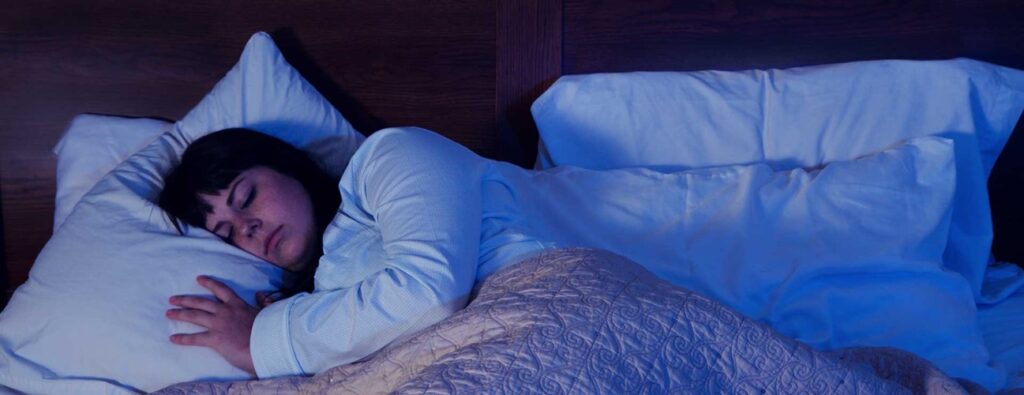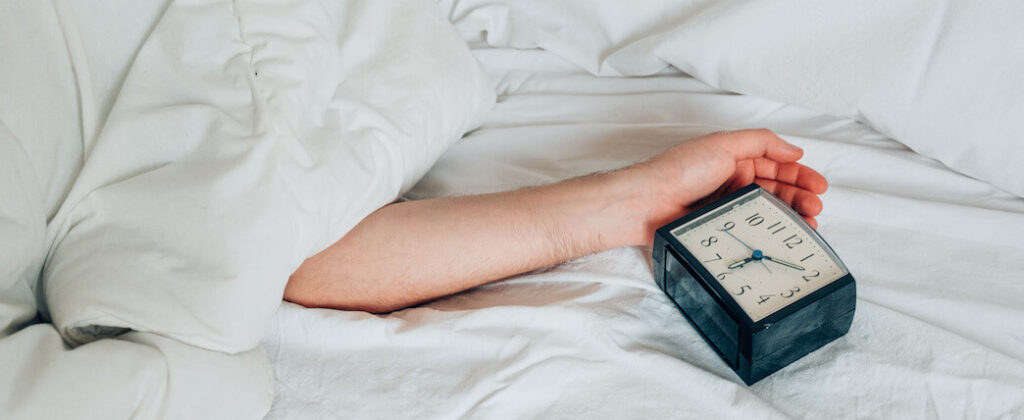We’ve all heard the advice to get eight hours of sleeping in night but is that necessary? And what about coffee – can we function without it? Naps are often thought of as something for lazy people, but are they?
In this article, we’ll debunk some of the myths about sleeping and explain how you can get quality sleep. We’ll also dispel the notion that you need eight hours of sleep a night and reveal that many factors contribute to how much sleep a person needs. Finally, we’ll explore the benefits of napping and why they’re not just for lazy people.
The myth that you need 8 hours of sleep
Many people believe that they need eight hours of sleep a night, but this is not necessarily true. Many factors contribute to how much sleep a person needs, including their age, lifestyle, and health. Some people may need as little as six hours of sleep a night, while others may need nine or more. The important thing is to listen to your body and get the amount of sleep that you need to feel rested and function well during the day.
The myth is that you can’t function without coffee
Coffee is a psychoactive substance that can be addictive. It can have negative side effects, including interfering with sleep. Despite what many people believe, coffee is not necessary to function.

The myth that naps are for lazy people is not true. Naps can actually be beneficial, improving mood, alertness, and cognitive function. Studies have shown that napping can decrease the risk of dying from heart disease, and increase productivity and memory.
So if you’re feeling tired during the day, don’t fight it! Listen to your body and take a nap. You’ll be glad you did.
The myth that you should sleep on your back
Sleeping on your back is beneficial for a number of reasons. For one, it keeps your spine in alignment and takes the pressure off of your muscles and joints. Additionally, napping on your back allows your head, neck, and spine to rest in a neutral position, which can help prevent pain in those areas. Finally, napping on your back reduces the risk of developing wrinkles, as gravity is not pulling on your skin while you sleep.
Despite the many benefits of sleeping on your back, some people find it uncomfortable to do so. If this is the case, there are a few things you can try to make it more comfortable. First, use a pillow that supports your head and neck so that they are in line with your spine. Second, place a pillow under your knees to relieve any pressure on your lower back. Third, try a nap with a body pillow to help keep your spine aligned.
If you find that you are still uncomfortable napping on your back after trying these things, then you can try a nap on your side or stomach. However, be aware that a nap on your stomach can actually increase the risk of developing wrinkles. So if you choose to sleep on your stomach, be sure to use a pillow that supports your head and neck so that they are in line with your spine.
The myth that you shouldn’t watch TV before bed
It is a common belief that watching television before bed can disrupt your sleep cycle, make it harder to fall asleep, and even cause you to wake up during the night. However, there is no scientific evidence to support these claims. In fact, research suggests that watching television before bed can actually help you sleep better.
A study published in the journal Sleep found that people who watched television before bed slept better than those who did not watch television before bed. The study found that people who watched television before bed were more likely to get deep, restful sleep and less likely to wake up during the night.
The study also found that people who watched television before bed were less likely to have trouble falling asleep. This is because watching television before bed can help you relax and wind down from your day. So if you’re having trouble falling asleep, try watching some television before bed.
Of course, not all television is created equal. If you’re going to watch television before bed, it’s important to choose shows that are calming and relaxing. Avoid violent or suspenseful shows, as they can have the opposite effect and make it harder for you to fall asleep.

So if you’re looking for a way to improve your sleep, turn off the lights, grab the remote, and find something good to watch on TV.
Sleeping is essential for good health and well-being. Establishing a regular sleep schedule is the best way to ensure you get quality sleep. Creating a bedroom environment that is conducive to sleep, and avoiding substances and activities that can interfere with sleep, will help you get the rest you need.
In conclusion, there are many myths surrounding sleep that can be harmful to our health and well-being. These myths may prevent us from getting the quality sleep we need, or lead to harmful practices such as relying on sleep aids or ignoring sleep disorders. By dispelling these myths and educating ourselves about the true nature of sleep, we can make informed choices that support our health and well-being. It’s important to prioritize sleep as an essential aspect of our physical and mental health, and to seek support from healthcare professionals if we are struggling with sleep-related issues. With a better understanding of the realities of sleep, we can all work towards achieving better sleep habits and improving our overall quality of life.